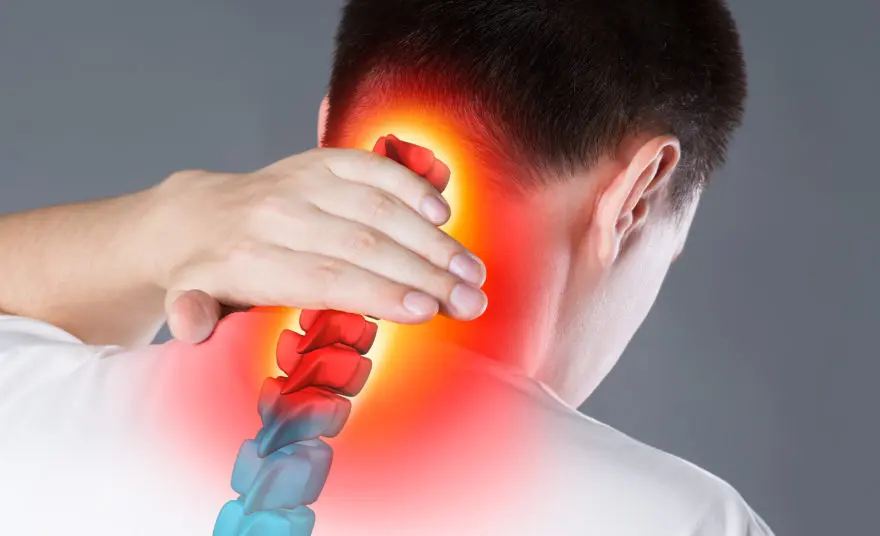Radiculopathy (Tingling, Numbness, Weakness)
When Nerves in the Spine Get Pinched
Radiculopathy occurs when a nerve in the spine is irritated or compressed, leading to tingling, numbness, or weakness in the arms or legs.
Why Radiculopathy Feels Like More Than Just Pain
Unlike muscle or joint aches, radiculopathy is a nerve problem. Nerves carry signals from the spine to the limbs. When a nerve is pinched, you may not only feel pain, but also burning, tingling, or even loss of strength in the affected area.
Common Causes of Radiculopathy
Radiculopathy can affect the neck (cervical radiculopathy) or the lower back (lumbar radiculopathy). Common causes include:
- Slipped (herniated) disc pressing on a nerve
- Spinal stenosis narrowing the canal where nerves travel
- Bone spurs (arthritis changes) irritating nearby nerves
- Spondylolisthesis (slipped vertebra) shifting against the nerve
- Injury or trauma causing swelling or misalignment
Symptoms That Point to Nerve Compression
The exact symptoms depend on which nerve is affected, but may include:
- Tingling or “pins and needles” in the arms, hands, legs, or feet
- Numbness in a specific area of the limb
- Muscle weakness in the arms or legs
- Sharp, radiating pain along the path of the nerve
- Difficulty with gripping, walking, or balance in severe cases
How Doctors Diagnose Radiculopathy
Because these symptoms overlap with other conditions, pinpointing the cause is important. Diagnosis may include:
- Physical examination: testing reflexes, strength, and sensation
- Imaging: MRI or CT scans to identify compression
- Nerve conduction tests: in selected cases, to measure electrical signals in the nerves
Treatment Options for Radiculopathy
Most cases can be managed without surgery, depending on severity:
- Medications: to reduce pain and inflammation
- Physiotherapy: stretching and strengthening exercises to relieve pressure
- Lifestyle adjustments: posture correction, ergonomic changes
- Injections: targeted relief for inflamed or compressed nerves
- Surgery: considered if symptoms are severe, progressive, or not improving with conservative care
Living with Tingling, Numbness, or Weakness
Occasional tingling from sitting too long is common. But if symptoms are frequent, persistent, or worsening, it may point to nerve compression. Seeking medical care early helps prevent long-term nerve damage and supports recovery.
Book a Consultation for Nerve-Related Symptoms
If you’re experiencing tingling, numbness, or weakness in your arms or legs, book an appointment at Mash Spine & Orthopaedics for an accurate diagnosis and treatment plan.





